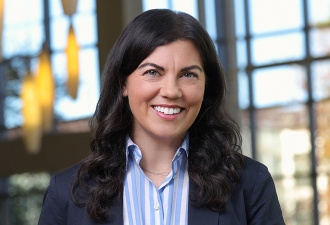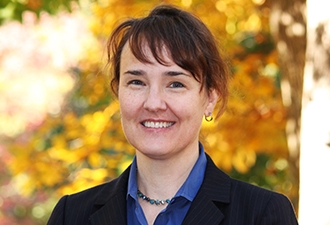Health Justice Clinic
The Health Justice Clinic trains students to serve the unmet needs of low income people facing serious illness.
The clinic offers law students the opportunity to develop practical lawyering skills through direct representation of clients under close faculty supervision. It has been providing free legal assistance to low-income clients with HIV since 1996 and began serving clients with cancer in 2015.
Supervised by clinical faculty, students help clients access Social Security and private disability benefits, develop end-of-life documents such as wills, powers-of-attorney, advanced directives, and those relating to guardianship for their children, and address claims relating to insurance, privacy, and discrimination. They receive practical skills training, specialized training in the law relating to HIV and AIDS and cancer, and gain a patient’s perspective on the health care system, public and private health insurance, and the experience of navigating serious illness. They often work closely with the medical clinicians and social workers who also help clients access their services.
Through their work, the clinic fills a critical need for legal representation of low-income people with serious health conditions in North Carolina. In fact, it is the only law office in the state devoted exclusively to issues important to people with HIV and cancer.
By the end of the semester, most students find themselves focused on the important reasons that led them to pursue a legal education in the first place – to do justice and to serve the community. Students serve on the front lines: as student lawyers, they have their own caseload and, with the backing of the supervising attorneys, they are responsible for all aspects of client representation. Students come to know their clients on a very personal level, gaining an appreciation for the unique challenges faced by people with a serious medical condition and as a result are often deeply inspired by their clients’ struggles and successes. Their work in the clinic enhances their skills, confidence and commitment to serve, whether in a public interest career, or in a pro bono complement to private practice.
This semester has opened my eyes to the harsh realities of the world in so many ways, and that has gone a long way in reaffirming my desire to do public interest/pro bono work after graduation. It has been so eye-opening to see the struggles that many of my clients go through and to realize all the ways in which the current system can be inadequate.
Fighting HIV stigma is an important mission of Duke Law’s Health Justice Clinic, which does so by seeking justice while treating clients with dignity and respect. Anderson Phillips ’17 had the opportunity to do both over the course of two semesters in the clinic in its first criminal case.


